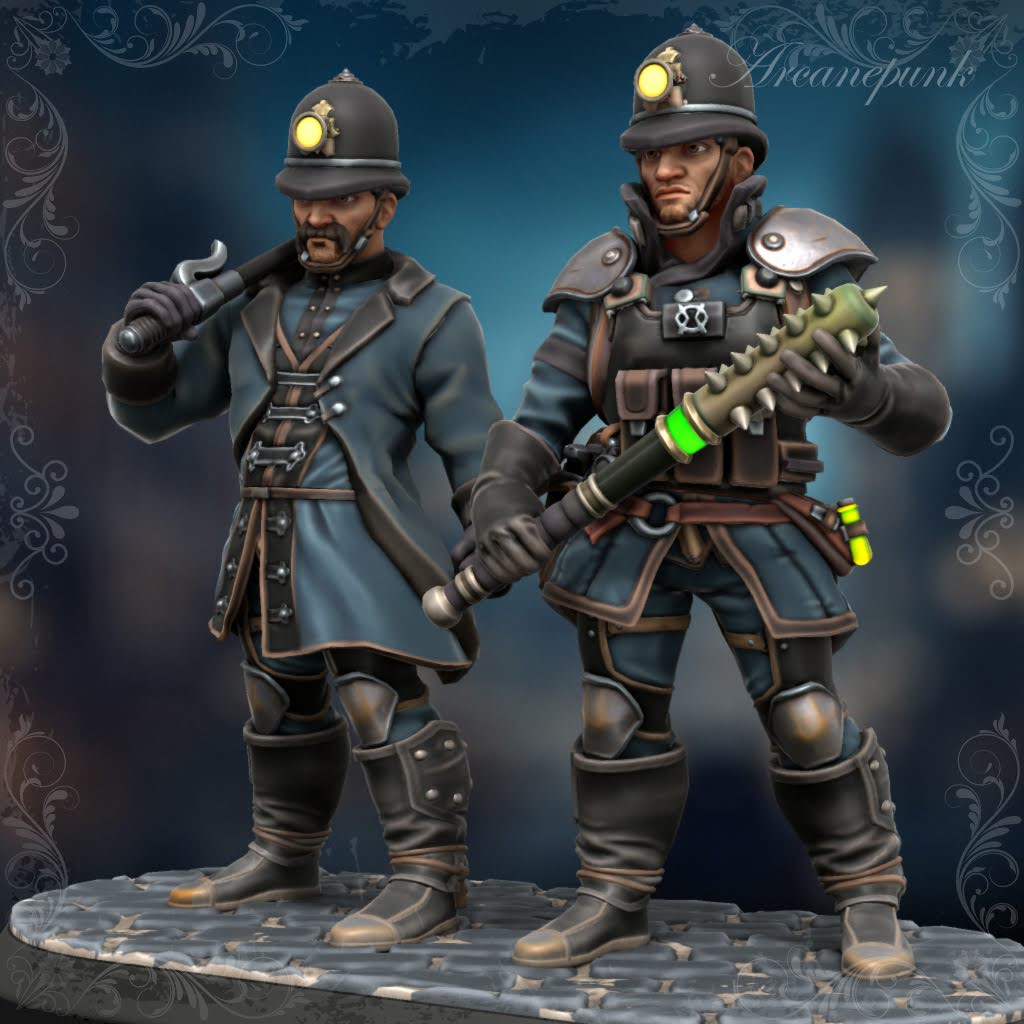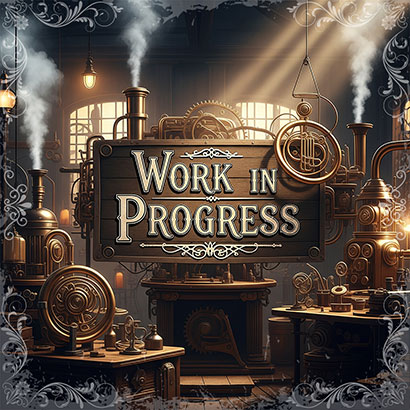In the lower districts of Edenlon, where the grand spires of the aristocracy fade into the soot-stained brick of crowded tenements, the true heart of the city beats. Here, amidst the ceaseless clang of the great manufactories and the rhythmic hiss of steam vents, toil the common folk. Their hands, calloused and strong, are the very sinews of Fergeria’s resurgence.
Dawn breaks not with a gentle sun, but with the shrill whistle of factory shifts, drawing them from meager beds to the humming looms, the clattering assembly lines, and the deep, echoing shafts of the aether mines. Their days are long, fueled by cheap, hearty fare from street vendors and the grim satisfaction of a job done. Laughter, when it comes, is hearty and unburdened by aristocratic pretense, echoing in the lively taverns after dusk.
They may not parade in silk or attend grand operas, but their ingenuity and resilience are etched into every cog of the industrial revolution. They are the backbone of Edenlon, a pragmatic people who understand the value of a hard day’s work and the fragile nature of peace. Their dreams are simpler, perhaps: a full meal, a roof over their heads, and the hope that their children will never know the grim embrace of the “Long War.” They are the city’s quiet strength, living testament to the enduring spirit of a nation rebuilt by sweat and steadfast will.



